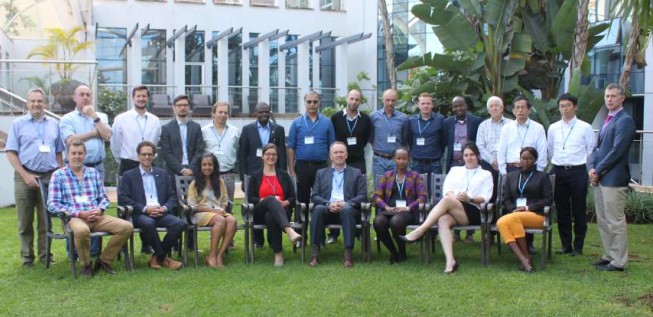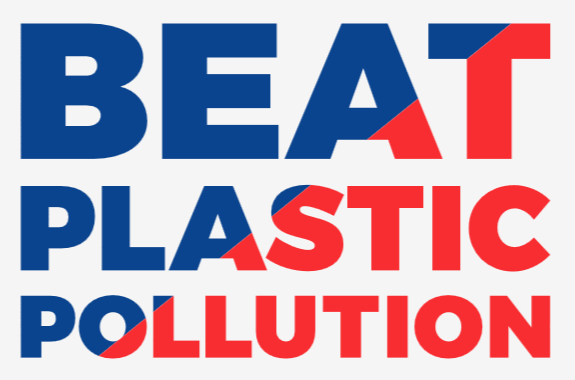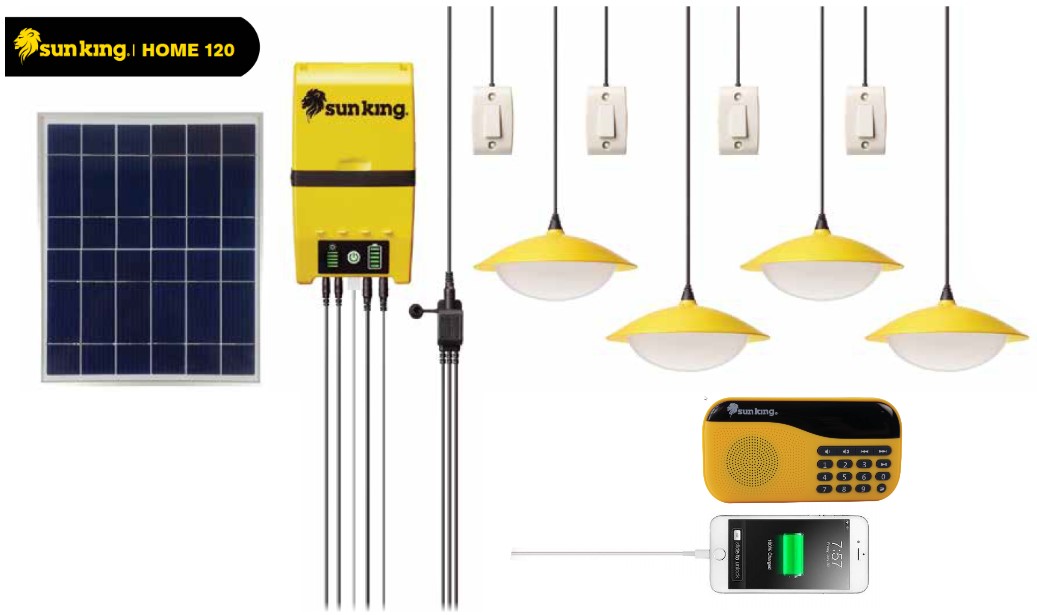- Details
- Parent Category: topnews
Executive Summary
From 2014, RDIS has been so much involved in the reduction of CO2 emissions, being an investment project it has shaped our mind to think outside the grant funds box which for many years past has driven the mindset of RDIS personnel.
The implementation of CCER phase one (CCER1) with our key partners (UEM, Bread for the World, UCB, and Kilma Kolletke) is making a good impact on people’s lives. There is a high probability of achieving what we are expected to accomplish in terms of carbon credits. The upcoming verification by a UN auditor should serve as proof of our capabilities.
- Details
- Parent Category: topnews
The RDIS Organisation is participating in the World Environment Day by facilitating some actions and a workshop in Butare diocese on Tuesday 5th June 2018, from 9:00 o’clock onwards. The participants will be composed of about 24 youths and some leaders, who are involved in our ongoing waste management project, coming from all four dioceses of the Anglican Church in Rwanda, namely Kigeme, Shyogwe, Cyangugu and Butare.

- Details
- Parent Category: topnews
The Anglican Church of Rwanda, dioceses of Butare, Cyangugu, Kigeme and Shyogwe via the Rural Development Inter-diocesan Service(RDIS) in collaboration with Eglise Presbyterienne au Rwanda (EPR) have recently started to jointly implement a pilot phase for a project for supplying ‘Solar Home Systems’ in Off-grid areas in their repsective Churches.

The two UEM member Churches are thus implementing an environmental protection project by investing in renewable energy sources (Solar Home Systems) in cooperation with ONE-FOR-THE-CLIMATE, whereby the invested capital will have to paid back.
Project description:
In Africa around 500 million people do not have access to energy. They are not connected to the electricity grid. They often use kerosene for firewood lighting and cooking. Around 1 million people in Africa die by indoor pollution every year - mainly women and children.
In Rwanda itself 40.5 % of the population have access to energy as shown by the Energy Group Report of August 2017. On-grid access representing 29.5% and off-grid access representing 11%. Most of the country’s electricity comes from hydropower; solar power produces over 7% of electricity in the country.
This lack of electricity contributes greatly in the development of the country in general and households in particular. The populations who live far from the existing grid lines are often confronted with major problems like:
- The lack of accessibility for using communication tools such as computers and mobile phones.
- The children with school age are affected by lack of electricity to do the home work and revision of what they learned at school.
- Many households in the rural area, still using firewood for the lighting of their houses and this contribute to the destruction of the environment.
- Many other people use oil lamps (kerosene) which also have health consequences (pulmonary and respiratory diseases).
- Those remote areas also face a challenge of not having some services near them that require electricity.
The Rwandan government has demonstrated its willingness to supply electricity to a large part of population, but its efforts require the support from other stakeholders in this area. Churches can play a crucial role because of their wide spread network and communities.
